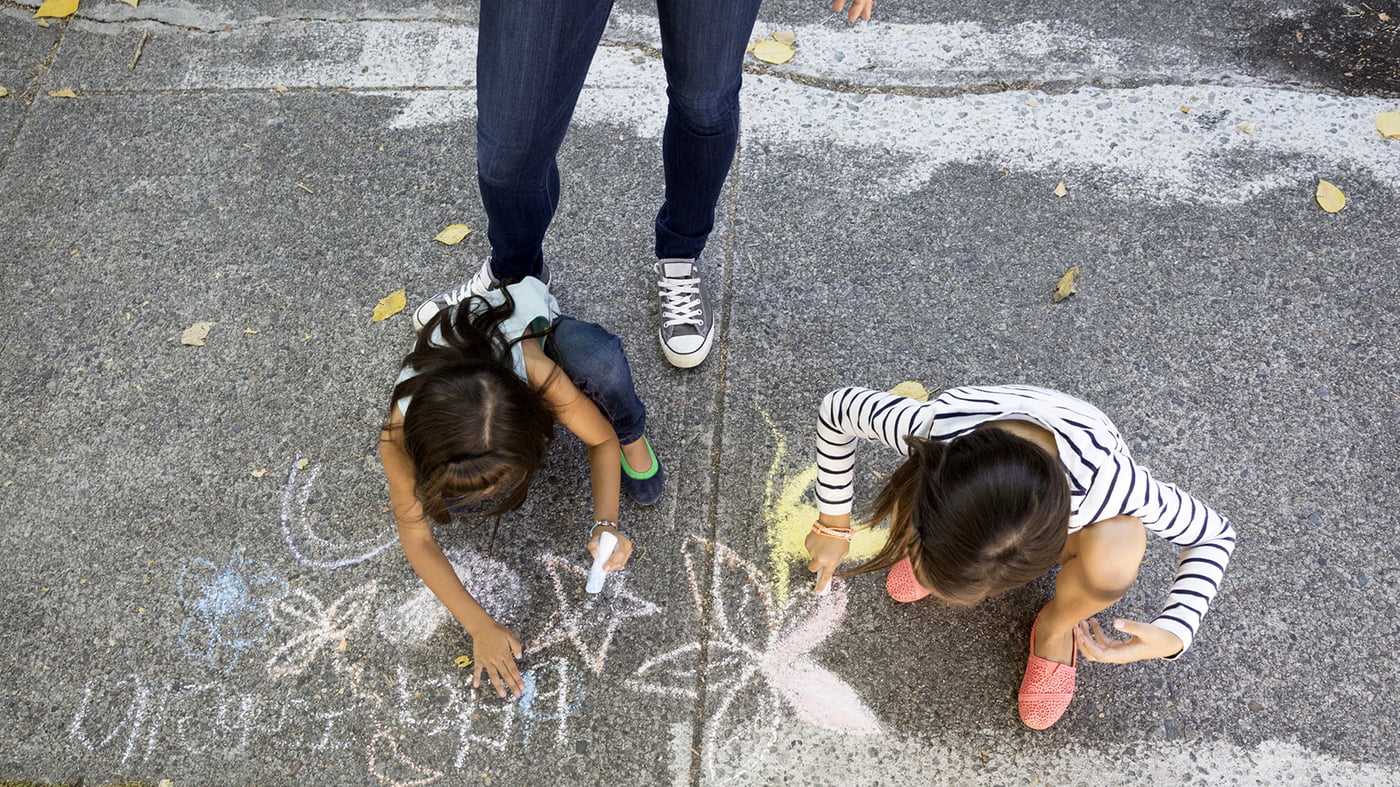The issue of parental favoritism has been trending, with some assuming portions doping up over the past several months on the subject.
While many parents frequently declare they don’t have a favorite, some kids — and adult siblings — can also beg to differ.

The effect parental favoritism will have on youngsters, whether real or perceived, is a topic that’s been a growing subject.
Research has observed that the effect isn’t exquisite, showing that children who perceive themselves as the least favorite are much more likely to take pills and use alcohol and cigarettes during their teenage years.
This is particularly proper while the family unit isn’t otherwise very near.
Sibling tension seems to increase when the desired baby is in the blend.
Parents may also be amazed to study that notion appears to maintain a greater weight than reality.
Different phrases don’t count a number a lot if Mom or Dad genuinely has a favorite. All that sincerely matters is that if a child thinks they do.
Let’s be honest…
Michele Levin, family therapist and co-owner of Blueprint Mental Health, says, “It can be widespread for a discern to ‘like’ or ‘vibe better’ with one sibling extra so than the others.”
She’s no longer suggesting you buy T-shirts to promote to your preferred toddler. However, she thinks it’s important for Dad and Mom to understand and apprehend how those preferences can arise.
She defined that children all have unique personalities, interests, wishes, and methods of expressing their needs.
Kids managing other struggles, including melancholy or tension, can often show off brutal conduct that makes them not as easy to be around as their siblings.
So it’s now not usually a case that a figure loves one infant more than the other. It can also simply be that one baby is less complicated to determine and be around than another.
“Often any other sibling surely doesn’t have the identical wishes or struggles, or can end up the peacemaker, that can lead to a perceived feeling of favoritism,” Levin said.
